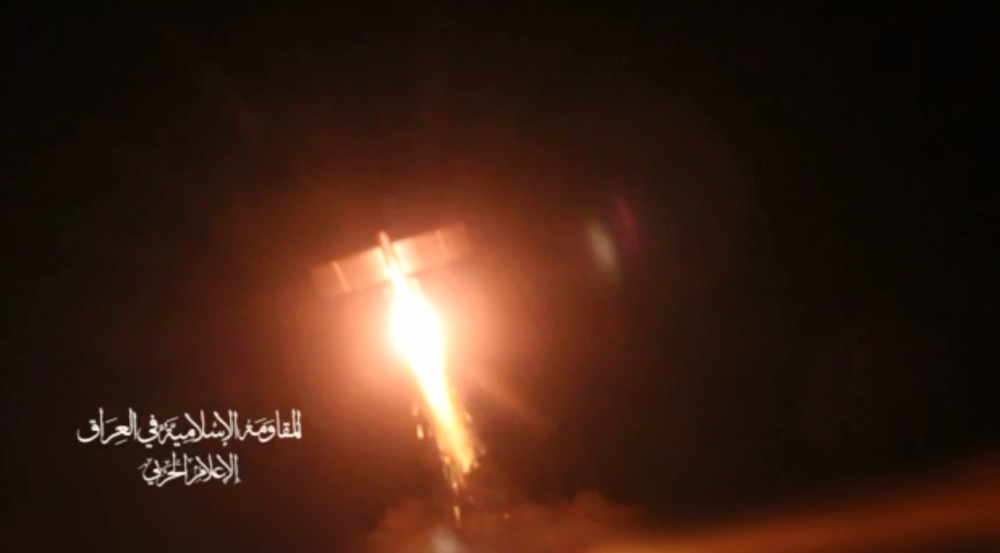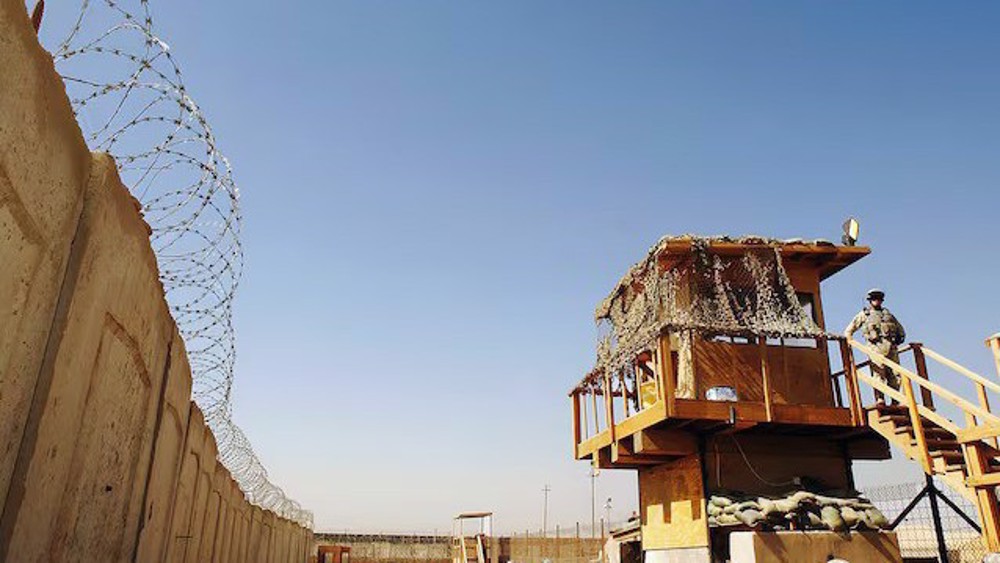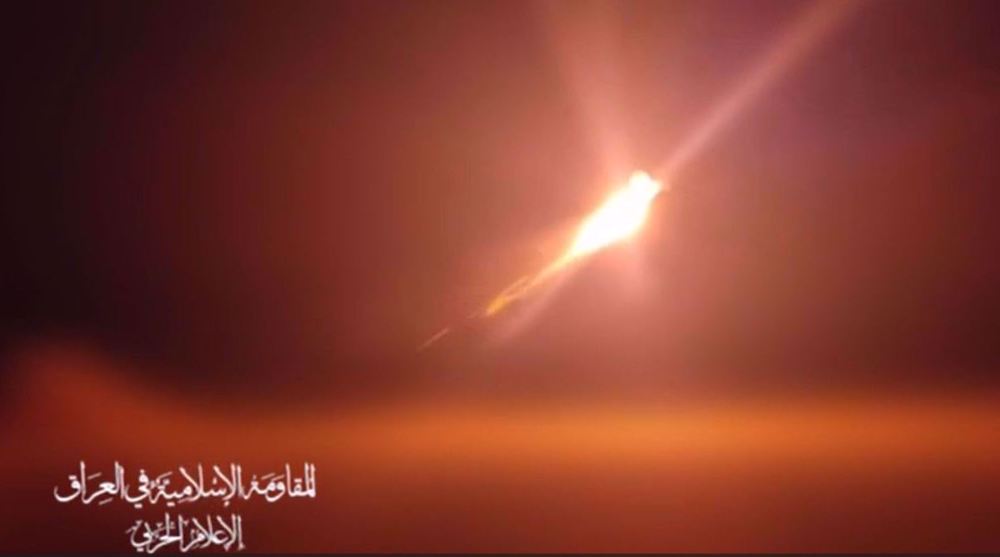Iraqi Kurdish camps bracing for influx of refugees from Mosul
Camps in Iraq’s semi-autonomous northern Kurdish region are preparing for an influx of more displaced persons from Mosul, a northern Iraqi city that government forces are gearing up to retake from Daesh, Press TV reports.
Local authorities and relief personnel say the large numbers of refugees coming in are stretching the resources of the already overcrowded camps in the region.
“Every day, we receive up to 215 new refugees. The process of taking in new arrivals is slow so that we can provide them with everyday needs,” Rizgar Obaid, the manager of the Debaga camp on the outskirts of Erbil, said on Tuesday.
He said four more sites will be built at the camp to house internally displaced persons (IDPs).
“We are able to provide just basic services. Currently, we have 31,000 refugees here, but our main problem is providing them with accommodation. We have requested more land from the Kurdish regional government to put up more tents since we are unaware how many people would come here,” Obaid added.
Some of the new arrivals are, however, thankful for the little aid they are receiving.
“We came here two days ago. They gave us a place to stay and provided us with food and water. The situation is better than living outside camps. We lived under Daesh for nearly two years and barely had anything to eat. Thank God, it is better here,” a middle-aged refugee man said.
Hundreds of Iraqi families continue to flee southern Mosul as army soldiers and fighters from Popular Mobilization units are taking up positions around the city, which is located some 400 kilometers (250 miles) north of the capital, Baghdad.

Hisham al-Hashimi, a consultant to the Baghdad government on the anti-Daesh campaign, said the offensive for the liberation of Mosul was slated for late September.
Defense Minister Khalid al-Obeidi recently said that high-ranking Daesh militant commanders and their families had sold their belongings and fled Mosul as Iraqi forces were closing in on the city.
Mosul fell into the hands of the Takfiri terrorists in June 2014, when they began a large-scale offensive in Iraq.
The northern and western parts of Iraq have been plagued by violence since then. Daesh has been committing vicious crimes against all ethnic and religious communities in Iraq, including Shias, Sunnis, Kurds and Christians.
IAEA chief tours two key Iranian nuclear facilities
Larijani asserts Iran’s support for resistance, says conveyed Leader’s message to Lebanon
VIDEO | Beirut’s southern suburbs targeted in 'heavy' Israeli strikes
Haaretz: Over 10,000 Israelis have migrated to Canada this year
VIDEO | Press TV's news headlines
Official: Iran to respond ‘decisively’ to any threat to its nuclear program
Nearly 70 Mossad-linked terrorists killed or captured in southeast Iran
What collapse of German coalition government means

















 This makes it easy to access the Press TV website
This makes it easy to access the Press TV website